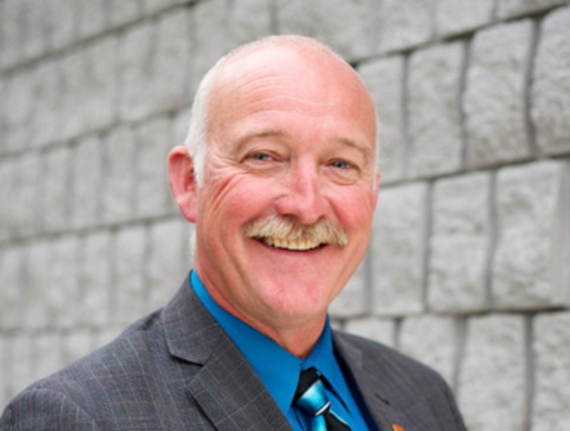As federal, provincial, and territorial agriculture ministers are meeting in Winnipeg this week, the future of the Temporary Foreign Worker Program (TFWP) is drawing renewed attention. While the Conservative Party has proposed eliminating the broader program, both farm leaders and Conservative MPs are emphasizing that agriculture will remain exempt.
Keith Currie, president of the Canadian Federation of Agriculture (CFA), stressed the importance of the program to the sector.
"The agriculture stream of the Temporary Foreign Worker Program is a very important program for the industry - not just producers, but the entire value chain," said Currie. "Without it, we’d be looking at somewhere in the neighborhood of $3.5 billion annually lost in sales."
Currie noted that nearly 30,000 on-farm jobs go unfilled each year and emphasized that the program is essential to maintaining food security and supporting Canadian agriculture.
"We don’t want to see it gone or altered because it’s working well," he said. "We also want to make sure people aren’t confusing immigration with the temporary foreign worker program. They’re very different."
The conversation around the TFW program rose when Conservative Leader Pierre Poilievre called on the Liberal government to end the Temporary Foreign Worker Program.
John Barlow, Conservative Shadow Minister for Agriculture and Agri-Food, clarified that the proposed changes to the TFW program do not apply to agriculture.
"I want to make this crystal clear," Barlow said. "Agriculture will still have access to the critical labour that it needs. The seasonal ag worker program will remain untouched, and we will have that in a singular agriculture labour stream."
Barlow explained that the broader program has grown unsustainably, with foreign worker numbers nearly tripling over the past decade. However, he acknowledged agriculture’s unique labour challenges.
"There are almost 30,000 unfilled jobs in agriculture, and this is impacting bottom lines," he said. "There’s not a lot of Canadians scrambling to get on the kill floor of a meat processing plant or picking vegetables in 40-degree heat in a greenhouse."
Barlow said the Conservatives plan to work with stakeholders to develop a dedicated agricultural labour stream that is more efficient and responsive to the sector’s needs.
Currie will be making a presentation at this week's Federal, Provincial, and Territorial Agriculture Ministers meeting in Winnipeg.
Normally the CFA holds their summer board meeting in conjunction with the FPT meetings and invites the ministers in for a discussion. With the July ministerial meeting being rescheduled, Currie is making a presentation at their meeting.
"We’re bringing forward several priorities - especially around economic development, infrastructure investment, and regulatory modernization," Currie said.
Among the top infrastructure concerns:
- Rail and port infrastructure to ensure reliable export logistics
- Hydro systems, many of which are nearly 90 years old in rural Canada
- Natural gas infrastructure to support energy needs and biogas production
- Broadband and cellular service, which remain underdeveloped in many rural areas
"If we want to increase biogas production, we’ve got to have somewhere to put that biogas," Currie explained. "Natural gas infrastructure would allow renewable natural gas to be fed into existing lines."
Regulatory Modernization:
Currie also called for faster approval of agricultural products already vetted in trusted jurisdictions like the United States.
"Can we peer review their testing and fast-track that product here into Canada?" he asked. "Whether it’s antibiotics, feed additives, or crop protection products, we need a more efficient system."
The CFA hopes the meetings will result in actionable commitments from ministers across Canada.
"Every province is a little different with their agriculture," Currie said. "But what we’re presenting, they can take away and apply to their own regions."
